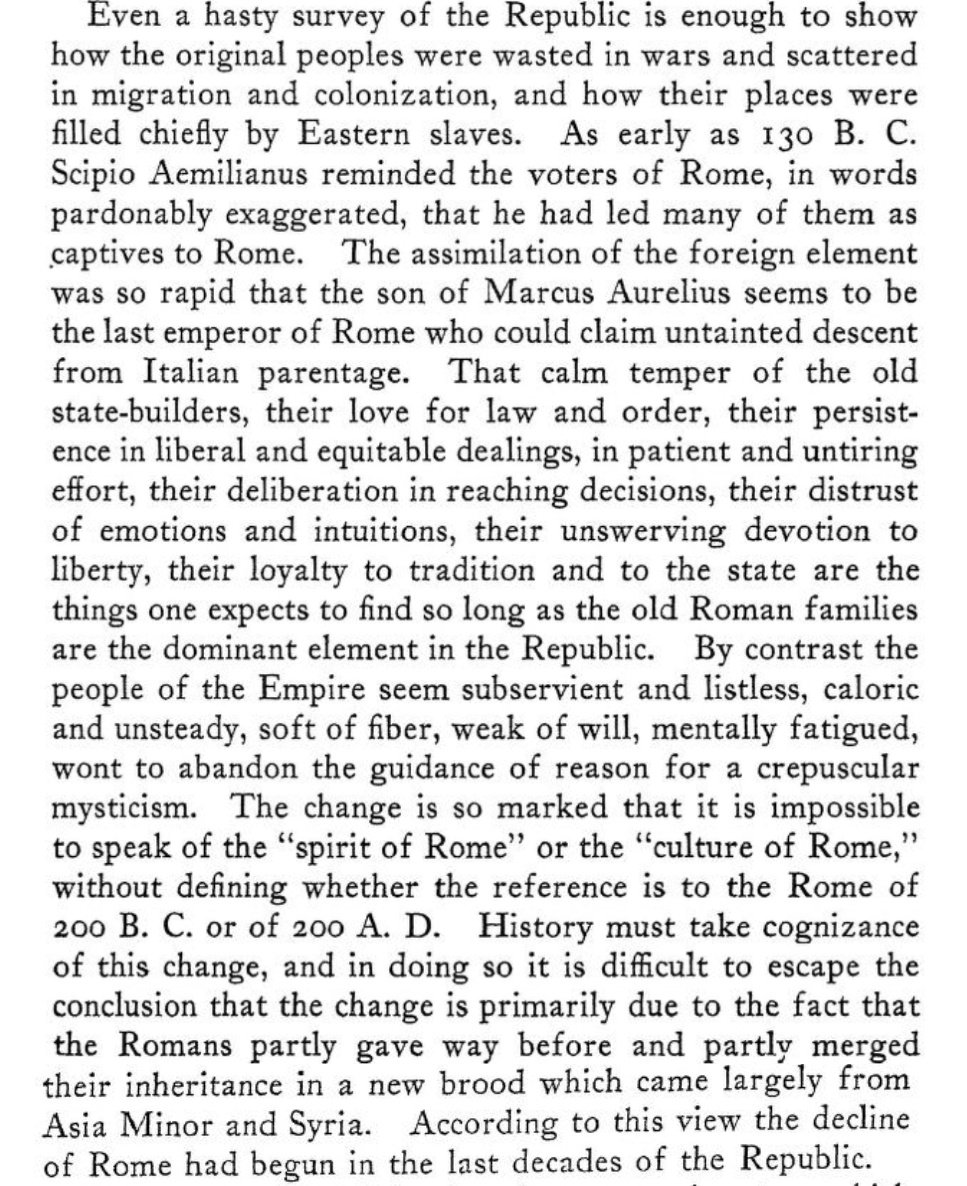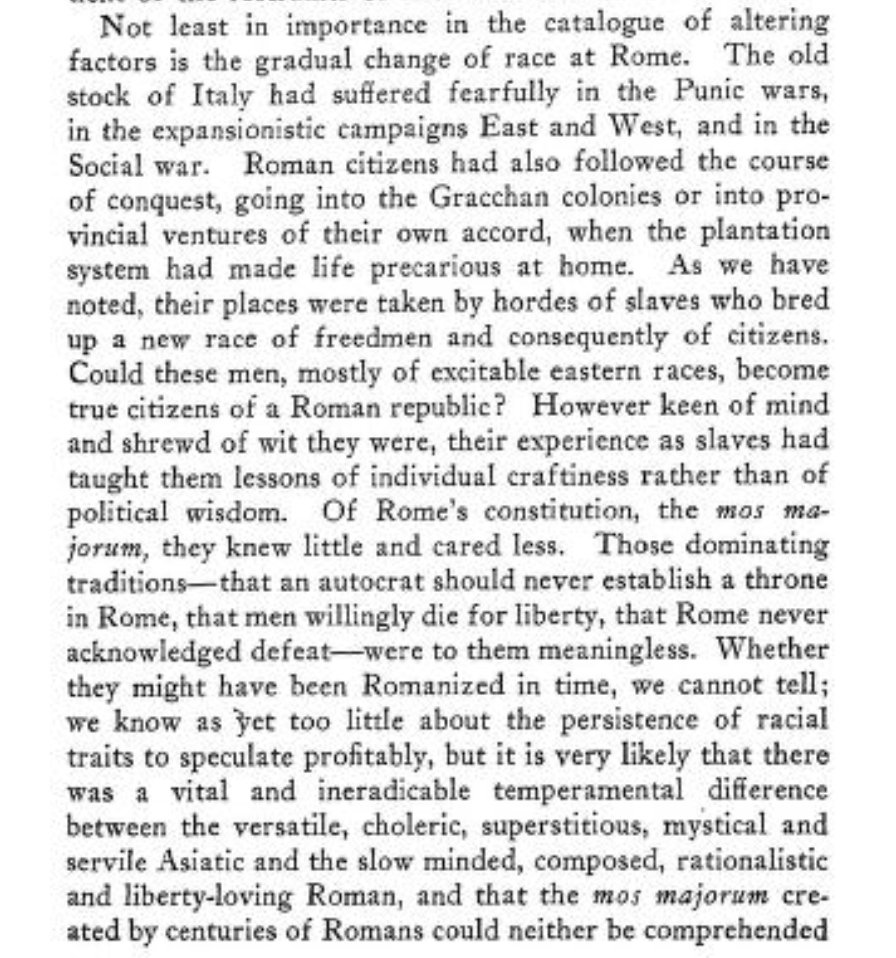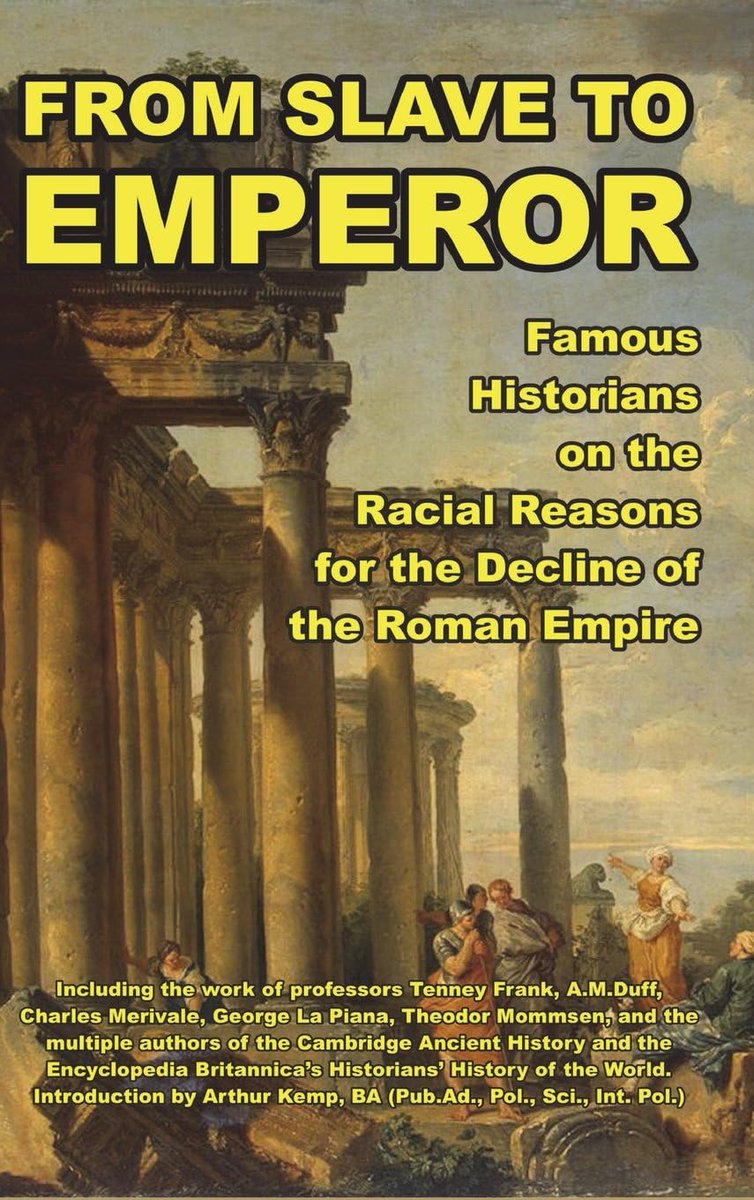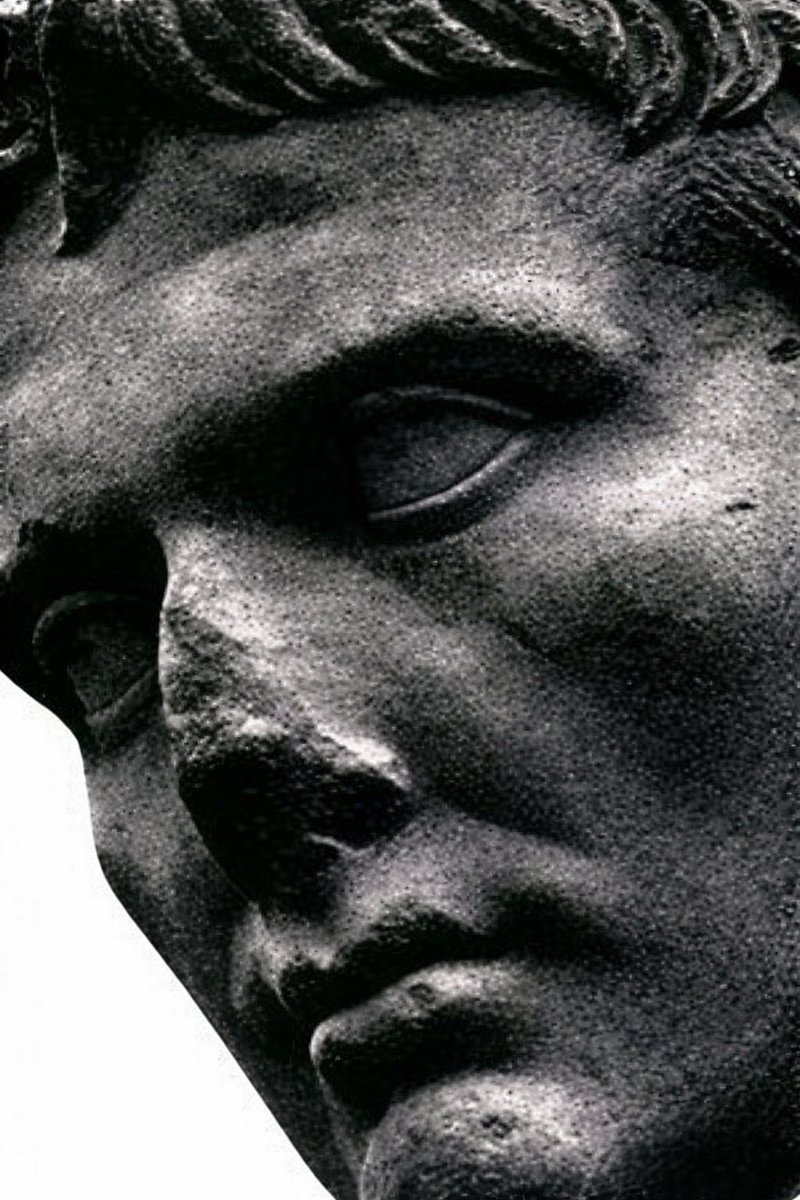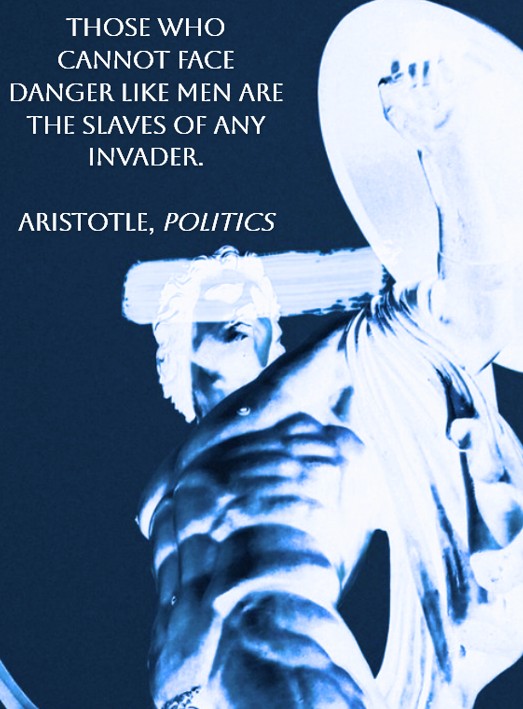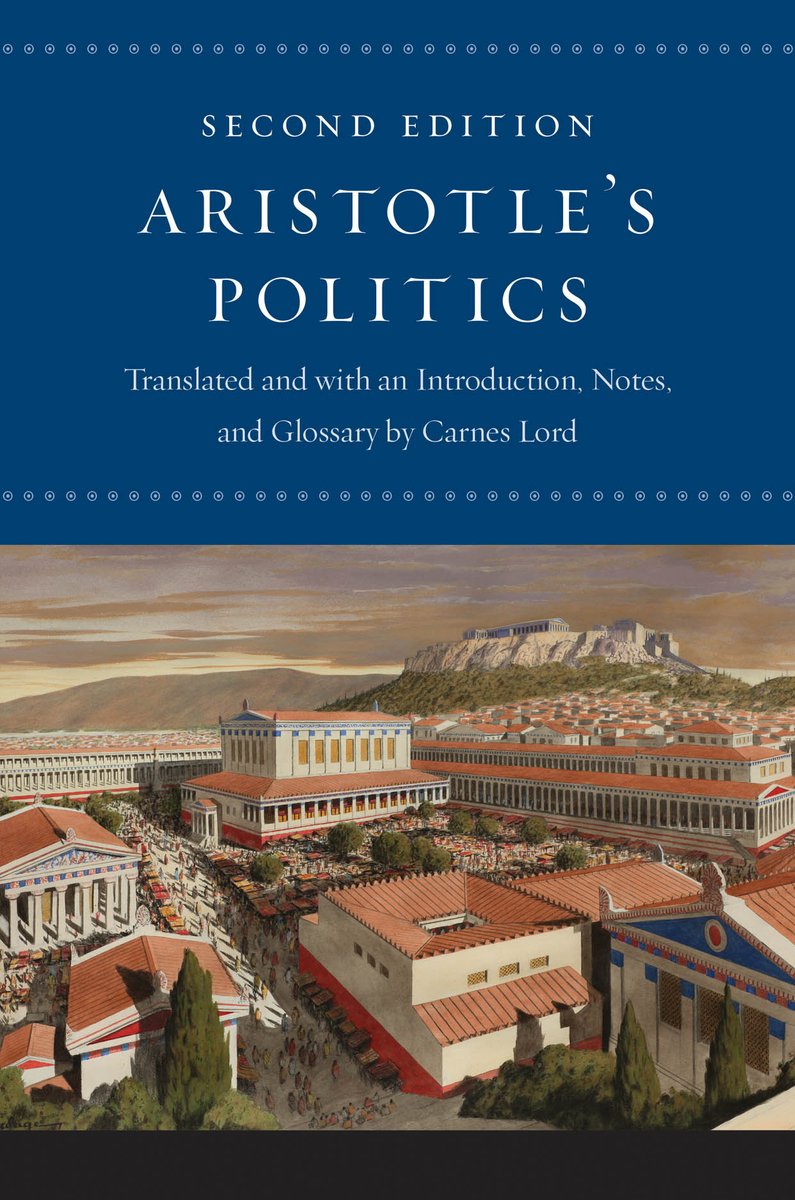1/ Let’s talk about collapse. Fires rage in Los Angeles, and no one can put them out—a clear symbol of a civilization unable to solve even its most basic problems. Joseph A. Tainter's "The Collapse of Complex Societies" provides a framework to understand why this happens.
2/ Civilizational collapse is no relic of the past or mere curiosity for court historians, whose interests often veer into the irrelevant and removed from the pressing realities of today. Collapse is a recurring phenomenon, an inevitable stage in the life cycle of societies. As the West faces internal fractures and accelerating decline, it is imperative to understand the forces that have undone great civilizations before us.
In "The Collapse of Complex Societies," Joseph A. Tainter provides a framework for analyzing this decline. As an anthropologist, his approach stands apart from the abstractions of historians. Tainter reveals that complexity—vital for societal advancement, particularly in an increasingly globalized and technologized world—carries within it the seeds of its own destruction. Societies that grow increasingly complex invest more in solving problems through administrative, technological, and bureaucratic means, yet these solutions yield diminishing returns. Over time, the cost of maintaining the system outweighs its benefits, creating a tipping point where collapse becomes not just possible but the rational culmination of a managed decline.
The West today is approaching this threshold. Institutions designed to safeguard stability and progress have become engines of inefficiency, consuming resources to sustain themselves while delivering little value. More troubling, however, is the ideological rot at their core.
In "The Collapse of Complex Societies," Joseph A. Tainter provides a framework for analyzing this decline. As an anthropologist, his approach stands apart from the abstractions of historians. Tainter reveals that complexity—vital for societal advancement, particularly in an increasingly globalized and technologized world—carries within it the seeds of its own destruction. Societies that grow increasingly complex invest more in solving problems through administrative, technological, and bureaucratic means, yet these solutions yield diminishing returns. Over time, the cost of maintaining the system outweighs its benefits, creating a tipping point where collapse becomes not just possible but the rational culmination of a managed decline.
The West today is approaching this threshold. Institutions designed to safeguard stability and progress have become engines of inefficiency, consuming resources to sustain themselves while delivering little value. More troubling, however, is the ideological rot at their core.

3/ Tainter’s analysis exposes how societies fail when they lose the ability to reconcile complexity with functionality, but the West’s decline is accelerated by its fixation on utopian ideals divorced from reality. Chief among these is the obsession with absolute equality, which manifests in policies that undermine competence, cohesion, and trust.
Modern institutions prioritize demographic representation over merit, subordinating excellence to ideological conformity. Programs like affirmative action and quotas enforce a belief that all outcomes must be leveled, regardless of skill or capability. The result is a system that sacrifices institutional effectiveness on the altar of symbolic progress. Fields demanding expertise—medicine, engineering, national defense—are increasingly populated by individuals chosen for reasons other than their merit. This erosion of standards not only weakens critical sectors but also breeds resentment, as citizens see fairness and competence replaced by ideological orthodoxy.
Such policies are not about solving problems but about enforcing control. Utopian ideals of absolute equality have become tools of an increasingly dysfunctional elite, wielded to maintain their own power while deflecting attention from systemic failures. These initiatives serve as a façade, masking the inability—or refusal—to confront the real issues undermining society’s foundations.
Modern institutions prioritize demographic representation over merit, subordinating excellence to ideological conformity. Programs like affirmative action and quotas enforce a belief that all outcomes must be leveled, regardless of skill or capability. The result is a system that sacrifices institutional effectiveness on the altar of symbolic progress. Fields demanding expertise—medicine, engineering, national defense—are increasingly populated by individuals chosen for reasons other than their merit. This erosion of standards not only weakens critical sectors but also breeds resentment, as citizens see fairness and competence replaced by ideological orthodoxy.
Such policies are not about solving problems but about enforcing control. Utopian ideals of absolute equality have become tools of an increasingly dysfunctional elite, wielded to maintain their own power while deflecting attention from systemic failures. These initiatives serve as a façade, masking the inability—or refusal—to confront the real issues undermining society’s foundations.

4/ Demographic transformation further accelerates collapse, creating divisions that a complex society cannot sustain. Unlike historical collapses where population shifts were often imposed largely by external forces, the West’s demographic replacement is deliberate—an ideological project rooted in utopian fantasies of global equity.
Mass immigration, lauded as an economic and moral imperative beyond reproach, serves as a tool to obscure systemic failures and pacify growing discontent. Rather than addressing the festering rot in infrastructure, education, or governance, elites import new populations under the guise of "growth." This transformation fractures the cultural and ethnic unity that once underpinned Western nations, replacing shared identity with competing allegiances. Instead of cohesive societies, we witness the rise of competing enclaves, driven by BIPOC identity politics, fracturing unity as they battle for resources and power.
This demographic shift is not incidental—it is weaponized. By replacing founding populations, elites create a population easier to control, one less connected to the traditions, history, and identity of the nations they inhabit. This strategy ensures that the institutions of power remain insulated from dissent, as the newly imported underclass relies on those same elites for survival. It is a cynical manipulation that trades long-term stability for short-term dominance.
Mass immigration, lauded as an economic and moral imperative beyond reproach, serves as a tool to obscure systemic failures and pacify growing discontent. Rather than addressing the festering rot in infrastructure, education, or governance, elites import new populations under the guise of "growth." This transformation fractures the cultural and ethnic unity that once underpinned Western nations, replacing shared identity with competing allegiances. Instead of cohesive societies, we witness the rise of competing enclaves, driven by BIPOC identity politics, fracturing unity as they battle for resources and power.
This demographic shift is not incidental—it is weaponized. By replacing founding populations, elites create a population easier to control, one less connected to the traditions, history, and identity of the nations they inhabit. This strategy ensures that the institutions of power remain insulated from dissent, as the newly imported underclass relies on those same elites for survival. It is a cynical manipulation that trades long-term stability for short-term dominance.
5/ Tainter’s insight that collapse unfolds as a slow unraveling, rather than a sudden event, is painfully relevant. The West’s decline is marked by missed opportunities for reform and an unwillingness to address the structural contradictions tearing it apart. Leaders blind themselves with ideological dogmas, pouring resources into symbolic gestures while neglecting the decay of physical infrastructure, economic stability, and social trust.
Crumbling roads, failing schools, and soaring debt are treated as secondary concerns to the pursuit of utopian ideals. Instead of confronting these failures, Western elites double down on globalist ambitions—remaking the world in their image through international economic policies, climate agendas, and mass migration. These distractions allow them to avoid responsibility for internal decay while perpetuating the illusion of progress.
Yet this house of cards cannot hold. As systems grow more unwieldy and populations more divided, the West’s ability to withstand external shocks or internal crises diminishes. Tainter’s warning is clear: societies that refuse to adapt to reality are doomed to collapse under the weight of their own contradictions.
Crumbling roads, failing schools, and soaring debt are treated as secondary concerns to the pursuit of utopian ideals. Instead of confronting these failures, Western elites double down on globalist ambitions—remaking the world in their image through international economic policies, climate agendas, and mass migration. These distractions allow them to avoid responsibility for internal decay while perpetuating the illusion of progress.
Yet this house of cards cannot hold. As systems grow more unwieldy and populations more divided, the West’s ability to withstand external shocks or internal crises diminishes. Tainter’s warning is clear: societies that refuse to adapt to reality are doomed to collapse under the weight of their own contradictions.
6/ History offers no guarantees, only lessons. The West’s trajectory mirrors the failures of past civilizations, but its ideological rigidity and demographic engineering make its decline uniquely self-inflicted. Tainter’s work is not merely a study of the past but a mirror for our present condition—a reminder that complexity, unchecked by reality, leads inevitably to destruction.
Survival demands rejecting the utopian fantasies of universal equality and globalism that have hollowed out the West’s foundations. It requires a return to the enduring truths of identity, merit, and the natural order—principles that once defined the strength of Western civilization. Without this course correction, the West is destined to join the annals of civilizations that fell, not to external enemies, but to our own hubristic desire to ignore reality.
Survival demands rejecting the utopian fantasies of universal equality and globalism that have hollowed out the West’s foundations. It requires a return to the enduring truths of identity, merit, and the natural order—principles that once defined the strength of Western civilization. Without this course correction, the West is destined to join the annals of civilizations that fell, not to external enemies, but to our own hubristic desire to ignore reality.
7/ An Addendum (As I often provide for clarification)
This essay was a brief exploration of Joseph Tainter's "The Collapse of Complex Societies," alongside my analysis of the reigning liberal-humanist ideology in the West, its role in demographic transformation, and how these dynamics contribute to systemic fragility. It is not intended to be exhaustive or conclusive.
On X, I often discuss books and ideas that I don’t fully agree with, drawing my own conclusions, as any critical reader should. While I don’t align with every aspect of Tainter’s work, his overriding thesis rings true: complex societies collapse when the costs of maintaining their complexity outpace their ability to solve problems. Given that our world is the most interconnected and technologized in human history, his insights remain strikingly relevant.
It’s worth noting that Tainter wrote this book in 1988, and much of what he foresaw has now become our reality.
In the replies and reposts, most responses fall into one of two camps, either agreeing with the larger point or critiquing it.
For the latter, two recurring misconceptions dominate:
1. The Pilot and the First Tweet
Some are fixated on the helicopter footage, insisting the pilot isn’t to blame. But this entirely misses the point. The video wasn’t about the pilot; it was a visual shorthand, necessary on a platform like X, to draw attention. It represents systemic failure decades in the making—failure rooted in decayed leadership, crumbling infrastructure, and misplaced priorities.
Whether the pilot was doing his best within a broken system or is the product of DEI-driven hiring is ultimately irrelevant. The clip serves as a visceral reminder of what happens when a society’s capacity to maintain basic functionality erodes. It’s not about one individual’s actions but the larger decay that leaves a helicopter missing its mark as an emblem of collapse.
Naturally, the forces of Mother Nature play a role—as they always have and always will. Factors like erratic wind patterns, thermal turbulence, the inherent difficulty of aerial firefighting, etc., all complicate such efforts. Yet the question remains: is a society equipped to adapt and overcome these challenges, or does it succumb to its own self-inflicted fragility, leaving technical obstacles as insurmountable failures rather than manageable hurdles?
2. Policy Mismanagement
The other camp focuses on "policy mismanagement," claiming it as the root cause. This is a classic example of missing the forest for the trees. Tainter’s work isn’t a catalog of policy blunders; it’s a meta-analysis of civilizational collapse, spanning 18 vastly different societies across history. His purpose is to uncover the deeper patterns that arise when societies become too complex to sustain themselves.
Policy mismanagement is not the cause—it’s a symptom. As Tainter demonstrates, collapse occurs when the diminishing returns on complexity lead systems designed to solve problems to become the problems themselves. A society consumed by inefficiency, symbolic gestures, and ideological pretense is incapable of adapting to the practical demands of survival.
Focusing on isolated issues like brush management or fire zone construction obscures the broader reality: a system so unwieldy and preoccupied with maintaining appearances that it can no longer deliver meaningful solutions. The priorities are misplaced, the vision myopic, and the result predictable.
Tainter’s central message is that civilizations do not collapse due to isolated missteps—such as flawed policies, which ultimately reflect the values and priorities of a society and its elites—but because they become trapped by their own complexity, unable to address the fundamental realities needed for their survival.
Our current crises—whether in infrastructure, governance, or demography—are not isolated aberrations or events, they are the symptoms of a system that has prioritized ideological conformity and bureaucratic bloat over competence and survival.
The lesson is clear: without a return to practical, grounded solutions and the political will to confront uncomfortable truths, we risk joining the ranks of civilizations that collapsed under the weight of their own pretenses.
This essay was a brief exploration of Joseph Tainter's "The Collapse of Complex Societies," alongside my analysis of the reigning liberal-humanist ideology in the West, its role in demographic transformation, and how these dynamics contribute to systemic fragility. It is not intended to be exhaustive or conclusive.
On X, I often discuss books and ideas that I don’t fully agree with, drawing my own conclusions, as any critical reader should. While I don’t align with every aspect of Tainter’s work, his overriding thesis rings true: complex societies collapse when the costs of maintaining their complexity outpace their ability to solve problems. Given that our world is the most interconnected and technologized in human history, his insights remain strikingly relevant.
It’s worth noting that Tainter wrote this book in 1988, and much of what he foresaw has now become our reality.
In the replies and reposts, most responses fall into one of two camps, either agreeing with the larger point or critiquing it.
For the latter, two recurring misconceptions dominate:
1. The Pilot and the First Tweet
Some are fixated on the helicopter footage, insisting the pilot isn’t to blame. But this entirely misses the point. The video wasn’t about the pilot; it was a visual shorthand, necessary on a platform like X, to draw attention. It represents systemic failure decades in the making—failure rooted in decayed leadership, crumbling infrastructure, and misplaced priorities.
Whether the pilot was doing his best within a broken system or is the product of DEI-driven hiring is ultimately irrelevant. The clip serves as a visceral reminder of what happens when a society’s capacity to maintain basic functionality erodes. It’s not about one individual’s actions but the larger decay that leaves a helicopter missing its mark as an emblem of collapse.
Naturally, the forces of Mother Nature play a role—as they always have and always will. Factors like erratic wind patterns, thermal turbulence, the inherent difficulty of aerial firefighting, etc., all complicate such efforts. Yet the question remains: is a society equipped to adapt and overcome these challenges, or does it succumb to its own self-inflicted fragility, leaving technical obstacles as insurmountable failures rather than manageable hurdles?
2. Policy Mismanagement
The other camp focuses on "policy mismanagement," claiming it as the root cause. This is a classic example of missing the forest for the trees. Tainter’s work isn’t a catalog of policy blunders; it’s a meta-analysis of civilizational collapse, spanning 18 vastly different societies across history. His purpose is to uncover the deeper patterns that arise when societies become too complex to sustain themselves.
Policy mismanagement is not the cause—it’s a symptom. As Tainter demonstrates, collapse occurs when the diminishing returns on complexity lead systems designed to solve problems to become the problems themselves. A society consumed by inefficiency, symbolic gestures, and ideological pretense is incapable of adapting to the practical demands of survival.
Focusing on isolated issues like brush management or fire zone construction obscures the broader reality: a system so unwieldy and preoccupied with maintaining appearances that it can no longer deliver meaningful solutions. The priorities are misplaced, the vision myopic, and the result predictable.
Tainter’s central message is that civilizations do not collapse due to isolated missteps—such as flawed policies, which ultimately reflect the values and priorities of a society and its elites—but because they become trapped by their own complexity, unable to address the fundamental realities needed for their survival.
Our current crises—whether in infrastructure, governance, or demography—are not isolated aberrations or events, they are the symptoms of a system that has prioritized ideological conformity and bureaucratic bloat over competence and survival.
The lesson is clear: without a return to practical, grounded solutions and the political will to confront uncomfortable truths, we risk joining the ranks of civilizations that collapsed under the weight of their own pretenses.

For those interested, @timdavies_uk has created a fascinating YouTube video based on my Collapse essay. Please check it out!
https://x.com/timdavies_uk/status/1877758730160222309
• • •
Missing some Tweet in this thread? You can try to
force a refresh



